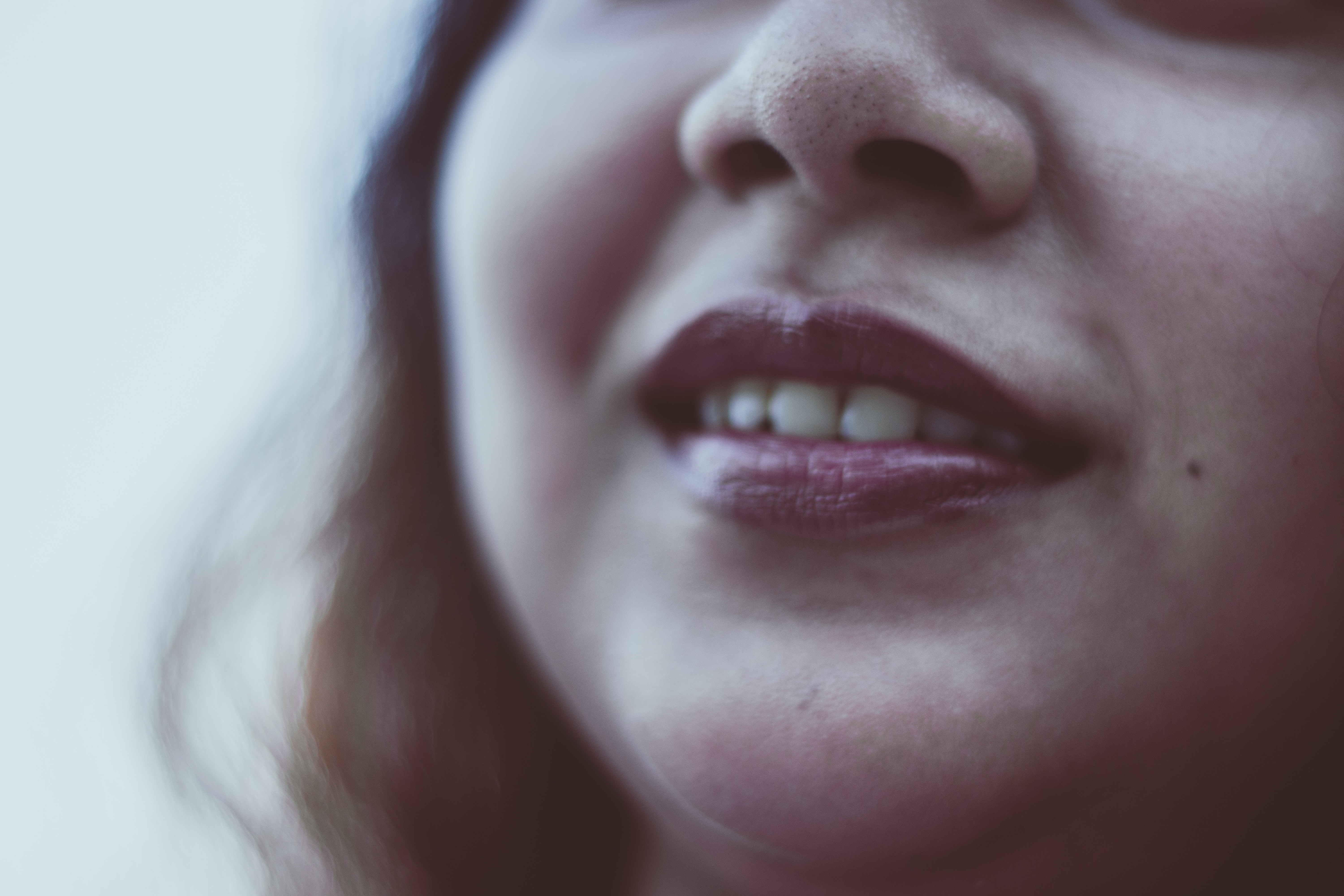
11 Dec 6 Causes of Canker Sores
Canker sores are small, painful lesions—or wounds—that can develop on the interior of your lips and cheeks or the base of your gums. They differ from cold sores in that they form on the inside of your mouth, rather than the outside surface of your lips and they are not transmissible to others. There are two kinds of canker sores—simple and complex. Simple canker sores usually clear up on their own after one or two weeks, while complex canker sores are larger and take longer to heal. Read on to learn more about what causes canker sores and some tips for treating them from our team at Prescott Dentistry.
What Causes Canker Sores?
While medical researchers don’t know exactly what causes canker sores, they suspect certain factors can trigger outbreaks, including:
1. Minor injuries
Most simple canker sores are likely caused by a minor injury, such as accidentally biting your cheek while chewing or vigorous brushing or flossing. Loose or damaged fillings, sharp tooth edges, or dental appliances can also injure the soft tissues in your mouth.
2. Food sensitivities
Recurrent canker sores may be triggered by a reaction to acidic foods such as lemons, oranges, pineapples, and tomatoes. Chocolate, coffee, strawberries, eggs, nuts, cheese, and spicy foods are other possible culprits.
3. Toothpaste
Sodium lauryl sulfate, a common ingredient found in toothpastes and mouthwashes, is thought to trigger canker sores for some people.
3. Hormonal changes
Changes in hormones may also cause canker sores. For this reason they tend to be more common in teens who are going through puberty, women who are menstruating or pregnant, or those taking hormone-based medications.
4. Stress
There is a correlation between stress and canker sores, although the exact reason for this is unknown.
5. Nutritional deficiencies
Vitamin and mineral deficiencies of vitamin B12, zinc, folic acid, or iron may lead to complex canker sores.
6. NSAIDs
Non-steroidal anti-inflammatory drugs, such as ibuprofen (Advil, Motrin) or aspirin may trigger simple canker sores.
7. Health issues
Complex canker sore outbreaks may be set off by diseases such as HIV/AIDs, lupus, Behcet’s, crohn’s, or celiac disease.
Tips for Treating Canker Sores at Home
If you have a canker sore that lasts longer than 3 weeks, or if you present other symptoms such as fever, rash, or fatigue, be sure to make an appointment with your doctor. For simple canker sores, making a few adjustments to your daily routine at home can help.
- Use a soft-bristled toothbrush and brush gently to avoid injury.
- Swish with baking soda and warm water.
- Avoid abrasive, spicy, and acidic foods that irritate canker sores.
- Apply milk of magnesia to your canker sore with a cotton swab three to four times a day.
Local Dentist in Prescott
If you suffer from recurrent canker sores, let us know at your next appointment so that we can help you identify possible causes, which will guide treatment options. If you have sharp tooth surfaces or dental appliances that trigger or aggravate your canker sores, call us to schedule an appointment and we’ll recommend a treatment that can resolve the issue. Our dentists at Prescott Dentistry are committed to providing the highest level of holistic dental care to ensure your mouth stays happy, healthy and pain-free.
Images used under creative commons license – commercial use (12/11/2020) Pixaby



